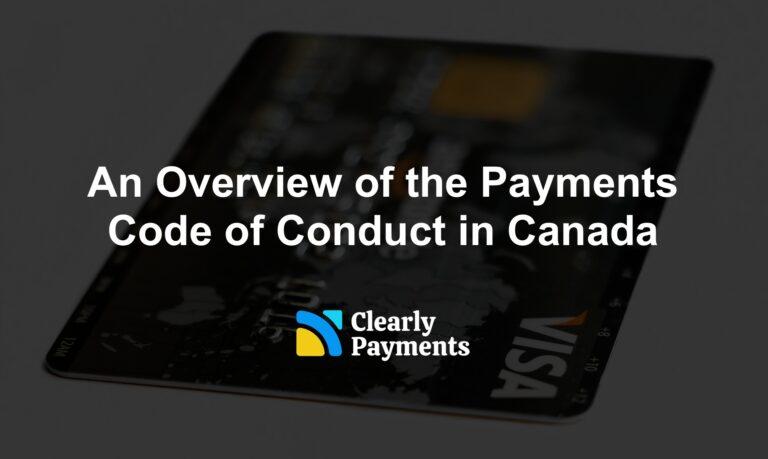Do you know what puts most businesses out of business? Reduced cash flow. After a business makes a sale, if it doesn’t get the funds from the transaction quickly, cashflow is restricted and this puts the business in a tough position.
Reserves hold back your funds
A reserve is when a payment processor holds funds of transactions for a certain amount of time. Sometimes funds are held for one week, sometimes two months. The amount that is held back also varies, anywhere from 20% to 100% of the total sales. That’s a big issue, especially in tough economic cycles. They do this to protect their processing business. If the business doing the sale goes out of business or if there is fraud, the payment processor may end up paying the bill. They hold funds to reduce their risk.
Aggregators have more reserves
Some payment processors put more reserves than others. In general, payment processors that work with riskier businesses put more reserves. Aggregators, like Square, Stripe, and Paypal, are a special type of payment processor. You’re not actually getting a merchant account. You’re getting a Square or Stripe account. They set the rules of what happens to your money. It is not new that payment aggregators hold back funds. Reserves have been making headlines recently so you can read about it in CNN or New York Times or many other sources.
Since anyone can sign up for a Square account, there will be risky businesses signing up. In an aggregator’s account, all those businesses end up sharing a merchant account with thousands of other businesses. Therefore, Square needs to put reserves across all customers to reduce their risk. Unfortunately, it means that even the solid, low-risk businesses can get reserves put on them.
Aggregators are great for the ease of signing up – anyone can do it. They also generally don’t have monthly fees like the $11 per month that comes with most merchant accounts. Aggregators are convenient, particularly for very small, casual, or part time businesses. However, once your business gets to a level of sales, like over $100,000 per year, you’ve outgrown an aggregator account. It’s time to get an official merchant account.
A merchant account is safer for larger businesses
A business that sells more than $100,000 per year should not take the risk of having their cashflow restricted with reserves. Unexpected reserves can have a devastating impact on a business.
When a business gets its own merchant account, it is set up specifically for that business profile. The industry, processing amount, average transaction size, and many other parameters are considered. It’s tailored for that business so reserves do not need to be used. To be clear, there are scenarios where a business is actually risky, so a reserve may be used, but that is relatively rare. Either way, a merchant account is a dedicated account for your business.
Regarding the cost of a merchant account, if you are processing below $75,000 per year, an aggregator account will probably be less expensive. But once you get above that processing level, moving to an official merchant account becomes cheaper than aggregators because you get tailored pricing. We see many businesses that have outgrown Square or Paypal and come to TCM to reduce their payment processing fees. Some businesses see a 50% reduction in their payment processing fees when they switch. In the end, our mission is to drive down the cost of payment processing forever.
Stop paying 2.9% on payment processing. Join the mission to reduce payment processing fees forever.






